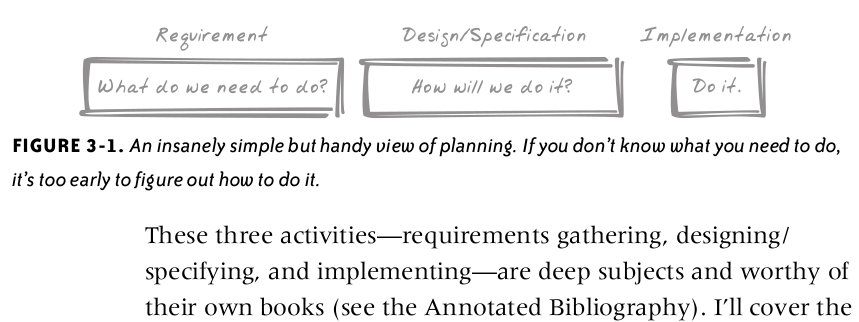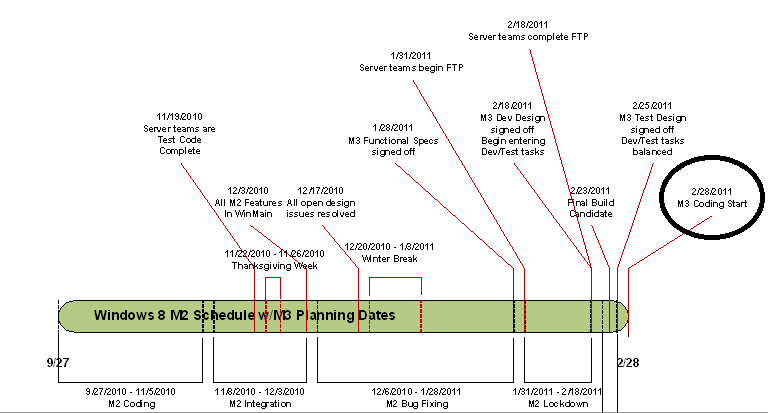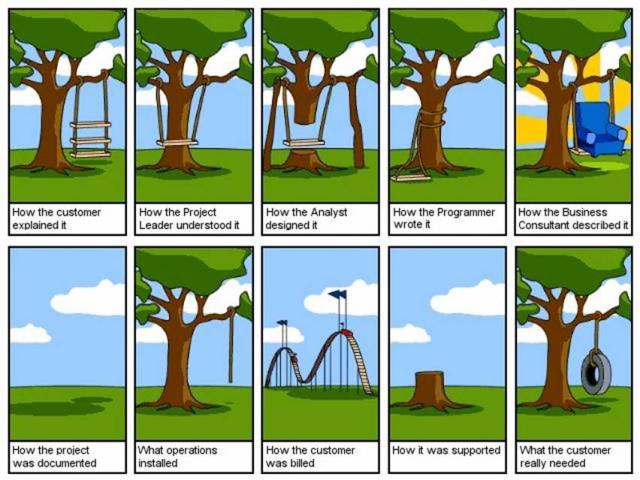| |
Project Baba
e-classifieds system

Project Baba
----------------------------------------------
market panoramics / competitive set
----------------------------------------------
Project Baba
----------------------------------------------
Panoramics market / competitive set
----------------------------------------------
On the market are over ??? different classifieds Portal (2016)
links?
Comparison of the different classifieds portal in KSA and EU
links?
market?
the number of users?
hierarchy of corporate strategy terminology - powers:
* Power Category - n. of competitors on market - the demand for a category of products and Euro / annum - value of all items / services sold per year
* Power Company - recognized brand, admired organization, best & smartest experts
* Market Power - n. of customers / clients,% market-share
* Offer Power - Wikipedia is an example, most desired * most affordable product on the market
* Execution Power - capability to make a superior product, market it and sell it successfully
Cacoma Ofex
-------------------------------------------------- ------------
Open questions - HERMES project
HERMES project:
Each of these questions requires a few sentences considerations (possible alternative) responses
First cloud infrastructure?
3, in which language will you write the server and client software?
4. Who will make the detailed specification?
4c backend description
4.d frontend description
4.e e-insurence system software - all components and all featurs
5. Who will inspect and check the specifications in all aspects?
6. A specific list of questions to which we need to have answered before you start programming?
6.1 List without which the answer can not be to start with the development of
6.2 List without which the answer could be to move on and responses decide / find later, the "year"
7. Is the assumption of 2 months of development sufficient with regard to point 6
7a detailed roadmap with 8 milestononova (2 months of development)
7a gradual 8 test-case sets (after each sprinat )
8th will we have a code-review?
9th whether we have legal counsel?
10th if we will have a fiscal advisor - accounting?
11a what would be the budget if development takes 12 weeks (4 developers)
or
11b what would be the budget if development takes 24 weeks (2 developers)
or
11c what would be the budget if development takes 48 weeks (2 developers)
12. Who / what would have been MERKETINŠKI DEVICE
13th that policy e-insurence system, price
14. that you can make it yourself.. no pokroviteljsava a great partner
15. What are the three largest competitors in Croatia - E-insurence system
16a in which we can be better than the competition
16b in which we have to be better than the competition
16c in which we can be as good as the competition
17a as much saturated insurance market?
17b figures?
17c figures of konhurencije?
18a as much as we would have to have sold the police to return the investment?
19. Do not know how much was all this worth the work itself without large marketing partners - do you have a concrete answer example?
20. Do not want to be naive and / or optimistic - please take a look at the actual data
21st need to look at whether it is legally possible (industrialize) e-insurence system service to those who sell services and that there problematitka
23. What are the new products appeared in 2015 in the market?
which is now to
these are just a macro issues when elaborate came to light through the list of some 200 questions not believe a 20-tak
-------------------------------------
24. B2B partners auto-salons, auto-services
******************************
This list consists of a set of issues around which go-to-market plans are built, each of which incorporates a chasm-crossing factor, as follows:
• Target customer/market
• Compelling reason to buy e-insurence police
• Partners and allies
• Distribution
• Pricing
• Competition
• Positioning
• Next target customer
The game is not over, of course.
**********************
Offer power
- Retain or innovate model
- Six levers model
- Price/Benefit model
- Core/context model
Recap: The Competitive-Positioning Checklist
To define the battle effectively so that you win the business of a
pragmatist buyer, you must:
Define the Battle
1. Focus the competition within the market segment established by your must-have value proposition—that is, that combination of target customer, product offering, and compelling reason to buy that establishes your primary reason
for being.
2. Create the competition around what, for a pragmatist
buyer, represents a reasonable and reasonably comprehensive set of alternative ways of achieving this value proposition. Do not tamper with this set by artificially excluding a reasonable competitor—nothing is more likely to alienate your pragmatist buyer.
3. Focus your communications by reducing your fundamental competitive claim to a two-sentence formula and then managing every piece of company communication to en
sure that it always stays within the bounds set out by that
formula. In particular, always be sure to reinforce the second sentence of this claim, the one that identifies your primary competition and how you are differentiated from it.
4. Demonstrate the validity of your competitive claim
through the quality of your whole product solution and
the quality of your partners and allies, so that the pragmatist buyer will conclude you are, or must shortly become, the indisputable leader of this competitive set.
Launch the Invasion
In this chapter the final pieces of the D-Day strategy come into
play—distribution and pricing. As we launch our invasion across
the chasm, distribution is the vehicle that will carry us on our
mission, and i pricing is its fuel. These two issues are the only two
points where marketing decisions come into direct contact with
the new mainstream customer. Decisions in both distribution and
pricing, therefore, have enormous strategic impact, and, with distribution in particular, there is typically only one chance to get it
right. For this reason, we have put these two last in our invasion
planning sequence, so that we could have the advantage of nailing everything else down first.
The number-one corporate objective, when crossing the chasm, is to secure a channel into the mainstream market with which the pragmatist customer will be comfortable. This objective comes before revenues,
-----------------------------------------------------------------------------------------
Stage 1:
Starting allocations to begin project/initiative:
- infrastructure (hardware and software) and
- resource (people and money)
For those who lack the resources or would prefer not to staff up for mobile app dev, Constellation suggests engagement with design-shops and system-integrators who have platforms that can scale for the rapid of pace of change in mobile development.
Stage 2:
Updating existing tools and processes to be accessible from mobile devices.
Stage 3:
Updating existing tools and processes to be leverage mobile specific features such as cameras, GPS, accelerometers, etc. and to work across a variety of device types.
Stage 4:
Implementing new tools and/or processes that change the core business (products, services, revenue models, etc.) of the organization.
-------------------------------------------------------------------------
In applying mobile solutions to the solution design point, Constellation recommends:
1. Assess how new generation enterprise mobile apps can change the business.
- seek the most common, cross-functional business problem that cannot be solved with linear thinking.
- Articulate the business problem and benefit.
- Show how the solution orchestrates new experiences.
- Identify how analytics and insights can fuel the business model shift.
- Exploit full native device features. Seek frictionless experiences.
2. Determine whether to build, buy, or modify.
Where solutions have been developed, expect to take these solutions as a platform to expand from.
Where solutions have not been developed, Constellation suggests that organizations who have strong app dev shops standardize on a mobile app platform for development.
3. Plan for a mobile experience workshop.
As part of the design thinking process, clients move beyond the inquiry or exploratory conversation to solidify objectives. The process starts with a proof of concept, road mapping engagement, and then the actual enterprise mobility project. The process often results in quick wins for the business side and cuts cost out of the IT budget.
--------------------------
Planning
--------------------------
Names: isocrat, castor, polux
http://1stmuse.com/web/
http://journeymanpm.com/planning-2/plan-for-a-web-design-project/
https://chrisjmprojmanagement.wordpress.com/2015/07/08/project-timeline-website-design-by-fuel/
http://1stmuse.com/web/questionario.html
http://1stmuse.com/web/competenze.html
http://www.1stmuse.com/articoli/regole.html
----------------
Consulting Services
https://www.designory.com/
http://adaptivepath.org/
http://www.jellyfishcreative.co.uk/approach
https://www.freelancer.com/projects/Java-J-EE/auction-proj/
http://sanfrancisco.metadesign.com/
https://www.ideo.com/about//
http://artandlogic.com/portfolio-grid/
Do you have a vision for your business or need assistance on a project?
---------------
https://www.agriya.com/about/our-expertise
http://www.ids-outsourcing.com/portfolio.html
http://artandlogic.com/
https://www.engenderhealth.org/our-work/index.php
http://www.adobe.com/uk/web/gallery/vivid/
https://www.simplesquare.com/
https://www.interaction-design.org/courses/emotional-design-how-to-make-products-people-will-love
|
|












